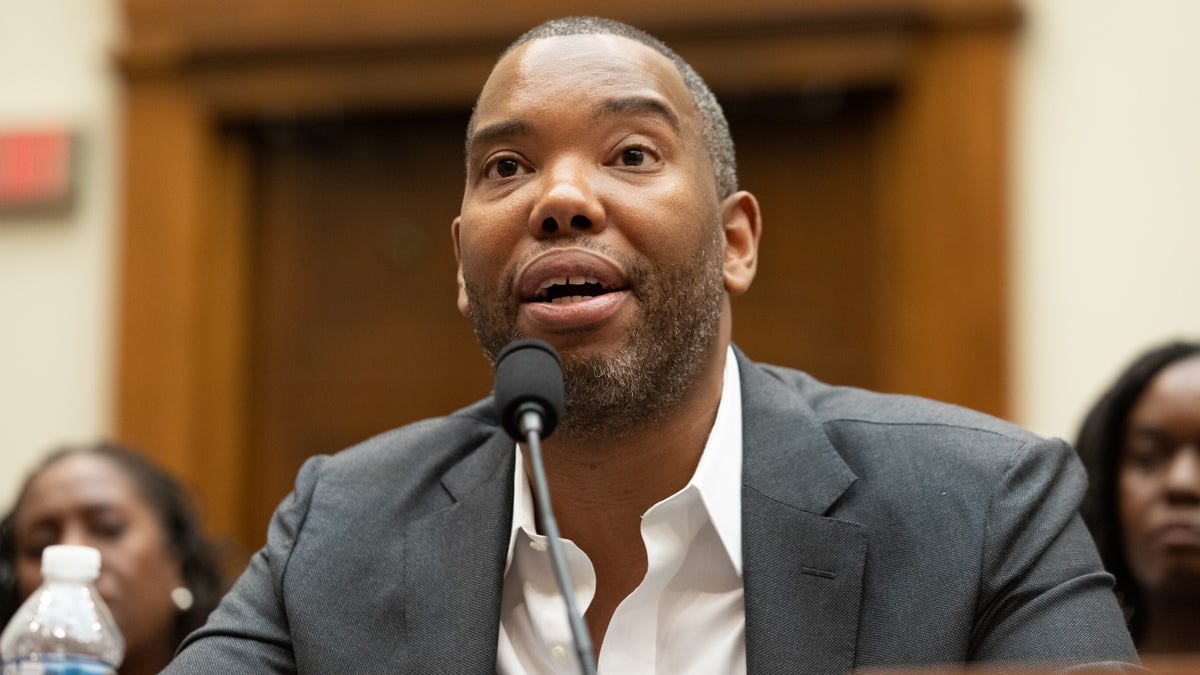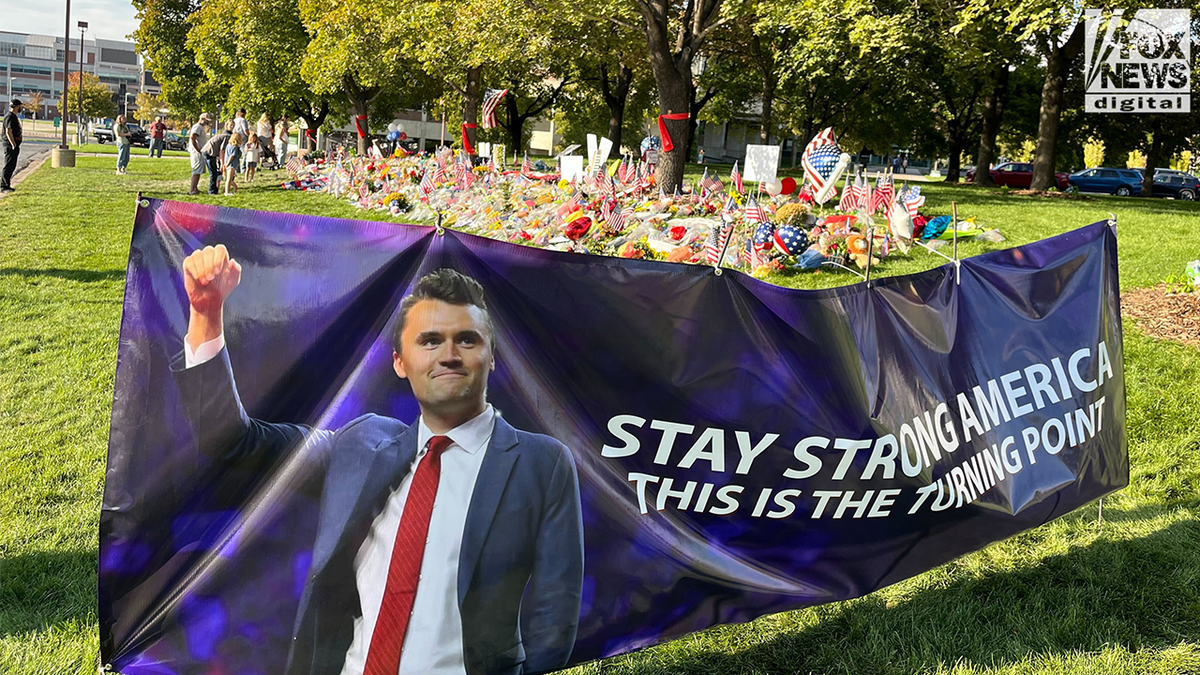

Progressive author Ta-Nehisi Coates said in a new interview that while he took no joy in conservative activist Charlie Kirk's death, he thought of him as a "hatemonger."
While they both lamented Kirk’s assassination, both Coates and New York Times columnist Ezra Klein advocated different responses to Kirk’s death. Klein wrote shortly after he was killed that Kirk practiced politics "the right way." He received sharp liberal backlash, including from Coates, a longtime friend.
"For me, the immediate hours after somebody is murdered in public, when you see that sort of grief and horror pouring out of the people who loved him, and many people loved him, my instinct then is to just sit with them in their grief," Klein said. He went on to argue that listing all of one’s ideological issues with a person and their legacy after their tragic death is simply not what one does in a shared society.
"All of that is understandable," Coates said, agreeing about how horrific the murder was. "But I guess… was silence not an option?"
NY TIMES' NIKOLE HANNAH-JONES CALLS PUBLIC MOURNING FOR CHARLIE KIRK 'UNSETTLING'

Writer and journalist Ta-Nehisi Coates testifies about reparations for the descendants of slaves during a hearing on Capitol Hill in Washington, D.C., on Wednesday, June 19, 2019. (Cheriss May/NurPhoto via Getty Images)
"Yeah. ‘Silence’ to me was not grieving with people, like I felt it wasn't important, as someone who is liberal," Klein said, going on to argue that moments of political violence are an important time to bridge ideological divides.
Coates countered that as much as love is a powerful force in politics, hatred is as well. He accused the slain Turning Point USA co-founder of being a "hatemonger."
"And I think Charlie Kirk was a hatemonger," he said. "You know, I really need to say this over and over again. I have a politic that rejects violence, that rejects political violence. I take no joy in the killing of anyone, no matter what they said. But if you ask me what the truth of his life was, you know, the truth of his public life, I would have to tell you it's hate. I'd have to tell you it is the usage of hate and the harnessing of hate towards political ends."
Earlier in the podcast, Coates had slammed Kirk and his organization, arguing that neither should be seen as an ideal for how to practice politics, citing his experience researching for an op-ed arguing Kirk’s legacy was being sanitized.

Ezra Klein argued that it was important to grieve with fellow Americans and seek unity, even if they have major political disagreements. (The Ezra Klein Show YouTube channel)
"But I always think it’s important to differentiate how people die versus how they live," he said. "And then after doing the research, I have to be honest with you, that’s when it got really, really difficult — when I went past my initial impressions and started going through all of the clips of the things he said, the way he talked about people, the way he described groups in ways that, honestly, even as I was writing it, I was uncomfortable saying."
"And so the idea that this guy should be in any way celebrated for how he conducted politics, the fact that he just slurred across the board, you know, all sorts of groups of people and then ran an organization wherein, which appeared to me just a haven of hatred, I would not want that to be a model for my politics," he added.
Fox News Digital has reached out to Turning Point USA for comment.

Many locals and students returning to campus on Monday, Sept. 15, 2025, stopped by a memorial at Utah Valley University to pay their respects to conservative influencer Charlie Kirk. (Deirdre Heavey/Fox News Digital)
